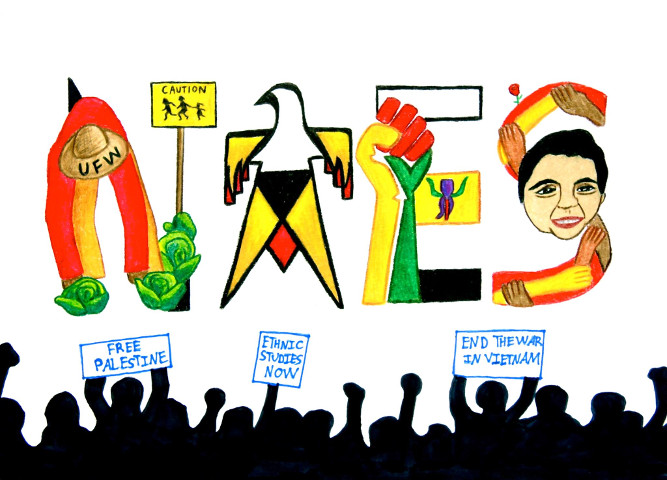Ethnic Studies Review

Orginal Publication Date
2003
Journal Title
Ethnic Studies Review
Volume
26
Issue
esr/vol26/iss2
First Page
27
Last Page
48
Abstract
Is it a systematic strategy or a mutation of millennial ferver that drives the escalating challenges to the civil rights of this nation's racial, linguistic, and national origin minorities? Increasing juridical, legislative, and popular assaults on affirmative action policies coupled with the sometimes less heralded emergence of a de facto U.S. language policy are sweeping through the states. These activities draw on a consistent repertoire of approaches from the invocation of the very language and concepts of the civil rights movement to the isolationist "buzz-words" of early twentieth century advocates of "Americanization." In an effort to legitimize their efforts this new breed of assailants has lifted the terms "equality of opportunity," "color blind," and "merit" directly from the lips of civil rights heroes of the past, retrofitting concepts that resonate from the very core of the civil rights movement into an arsenal of weapons that threaten the extinction of that movement. In that same vein opponents of bilingual education have reached further back into our history dredging up de-contextualized quotations from icons of American history to evoke nostalgia and patriotism and to resuscitate the fear of the dissolution of national unity in the wake of the infusion of diverse languages and cultures. The introductory portion of this article treats the failure of anti-civil rights movements to acknowledge either the rich cultural legacy of people of color or the deeply engrained cultural and political limitations that this nation has imposed on their civil rights. We discuss the re-packaged language of equality and equity used by these movements and their success and attempts at success in reversing the progress of civil rights at the polls and in legislatures across the nation. We next examine the anti-affirmative action and anti-bilingual movements sweeping the U.S. today, analyzing qualitative and quantitative data from multiple sources including data from the the 2000 U.S. Census to track current anti-affirmative action and anti-bilingual/English only developments among the states to demonstrate the coexistence of these developments in those areas where people of color are concentrated.
Rights
Copyright ©ESR, The National Association for Ethnic Studies, 2003



Comments
Fair Access